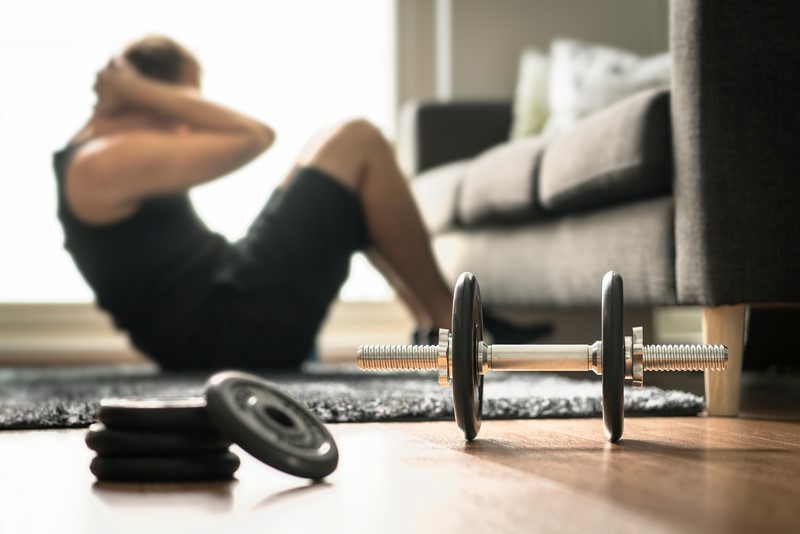Tel: 0208 933 8888
Email: sales@bedhire.co.uk
Published on 30 September 2019
Posted in
When the days start to close in and get darker earlier it can be tricky to sleep through the whole night due to the extra light in the morning. The shorter days of winter can send your sleeping patterns a little crazy! The downside to the clocks changing is that it symbolises the beginning of winter. This also means that the clocks go back an hour, this can mess with your body clock. Meant to be up for work at 7:30 you’ll be waking up at 6:30, some people find it difficult to get back to sleep for that extra hour. Below we will go through some tips that will help you with sleeping in winter so you don’t have a lack of sleep.
Your body has a natural clock and when the clocks change this knocks your body out of sync. Try and keep a consistent bedtime. We all stay up a bit later during the weekends, but this can cause havoc when your body’s already trying to get used to the times changing.
Just because it’s winter and a lot colder outside this doesn’t mean that you need to make your home really warm and whack the heating up because this will make it uncomfortable for you when sleeping. Don’t Overheat. We’re easily tempted to keep warm and stay cosy during the winter because of how cold it could get. However, overheating and wearing many layers will cause sweating and discomfort. Rather than overheat, it is advisable to layer up bedding and use a warm comforter and resist the urge to wear too many layers or heavy pyjamas.
Exercise can help you have a really good nights sleep and it can also help you wake up in the morning. A small amount of exercise is still required in the winter months, due to the hot summer we have just experienced you would’ve excised a lot more without even realising. Studies show that people who exercise regularly have reduced mortality rates. Exercising is a well-known sleep aider so it will come in handy during the winter months for someone who isn’t sleeping enough. Exercising also aids better eating habits.

Lack of sleep at night is usually caused by sleeping during the day. Winter already proves to be a sleep inducer. The more active you are during the day, the less likely you are to feel fatigued. Tackle day napping by taking walks and maintaining a planned schedule.
Heating, especially if it’s not natural increases the tendency of going through winter with a dried-out nose and mouth, causing stuffiness and snoring which could affect your sleep. A humidifier adds moisture the air, improving air quality and essentially aiding better sleep.
Though some people have the ability to sleep even with the lights on, for people who suffer from little or no sleep, light plays a huge role in reducing sleep at night. Darker curtains with blackout effects improve your chances at hibernating easier during winter.
We hope that you found this blog informative and you’re going to be getting a good night’s sleep during the winter months. if you have any questions please don’t hesitate to speak with one of our friendly team on 02089 338 888 or alternatively head over to our contact page and fill in the online contact form and we will get back to you as soon as possible. –
© 2025 BedHire.co.uk
Web Design and Marketing by Loop Digital